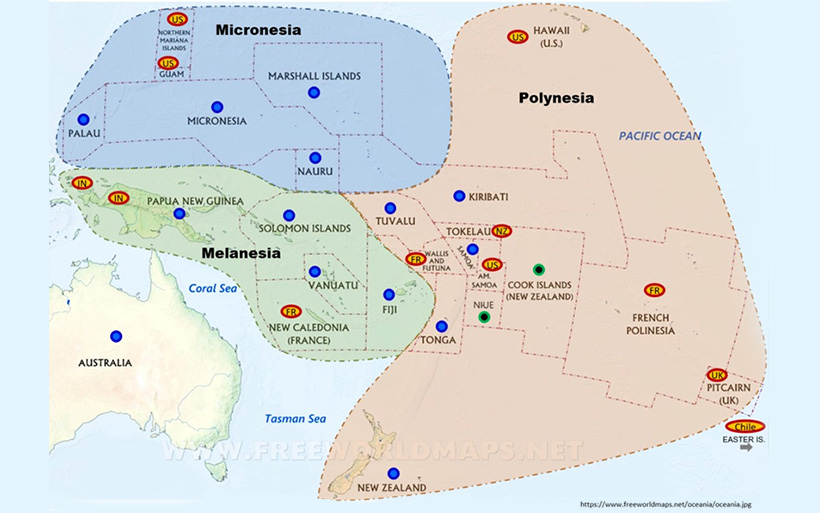The Sino-Russian Approach to the Maritime: A Mare Clausem System?
“The Sino-Russian Approach to the Maritime: A Mare Clausem System?” is the title of a paper by Dr. John Hemmings for Security Nexus. This article highlights how the increase in resources and focus gives US forces the ability to push back and fight in the information domain, a space where Russia and China are increasing the tempo. Abstract: The current global order is based on the free and open maritime trading order, giving access to all seafaring nations. The "openness" of this order, concepts such as "international waters" were not inevitable and there are historical instances of states - such [...]















